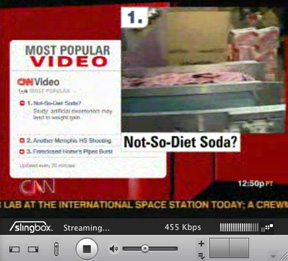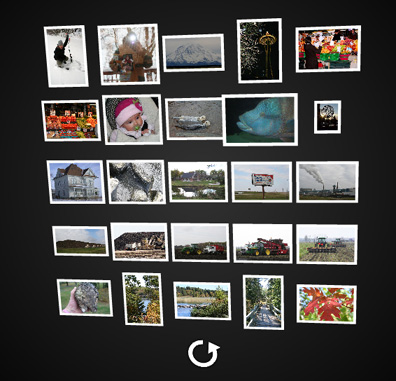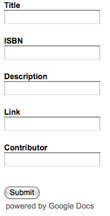The MicroSoft bid to purchase Yahoo! for approximately 45 BILLION dollars is one of those tech stories that has made the general news. There have been many attempts to analyze the decision (a Macworld take, MSNMoney). Obviously, the issue has something to with the connection between search and online ads. But, what could be worth so much money to a company whose operating system and office apps (Word, Excel) dominate the market? Here is an idea.
Ads are key, but what if the real issue lies down the road a few more years. What if Microsoft understands that the software on your desktop will soon become much less necessary. What if the future is in open source or even more likely in “the cloud”? Expensive software and perhaps even inexpensive local software have some disadvantages in comparison to apps that live on the net. As devices become more mobile and more powerful or perhaps simply as devices become more mobile, we may not want to carry our apps and the digital products we create with them with us. What we will want is to access our resources from more places in more ways. Google Docs or Zoho offer reasonable free alternatives to traditional office applications. Flickr and Picasa have changed the way we store and exchange our photographs. The point is there are free ways to do what we used to pay for and these alternatives offer more than the opportunity to save a little money. We are doing more of some things and also doing many things differently.
What will support the Microsoft empire when software becomes less lucrative. I guess ad money is the present answer, but it is also the connection of ads with experiences to which users are will to commit a huge amount of time. Microsoft cannot presently compete with Google in the search arena. Google ads are part of the search experience. Microsoft can’t compete with the web-based mail systems, photo sharing systems, blog services, etc. offered at no expense by other companies. Perhaps the future is coming faster than we realize and Microsoft needs a new revenue model. Perhaps Microsoft can skip the development stage and buy both an ad delivery system and some of the online resources Yahoo! can provide.
I can’t see basing the future of the consumer tech industry on ad revenue, but this may be the funding source in the short term. I keep thinking that we are going to have to be willing to pay for quality resources and content to encourage producers, but that has certainly not happened yet. The change has yet to occur even for television. In fact, we now pay the cable company to bring us more channels with more ads.
I wonder if ad revenue will play a bigger role in educational content delivered to schools. Do you remember the furor when ChannelOne wanted to offer content for free as long as kids in schools would also watch some ads? Now, we just complain about the cost of text books.
5 total views


